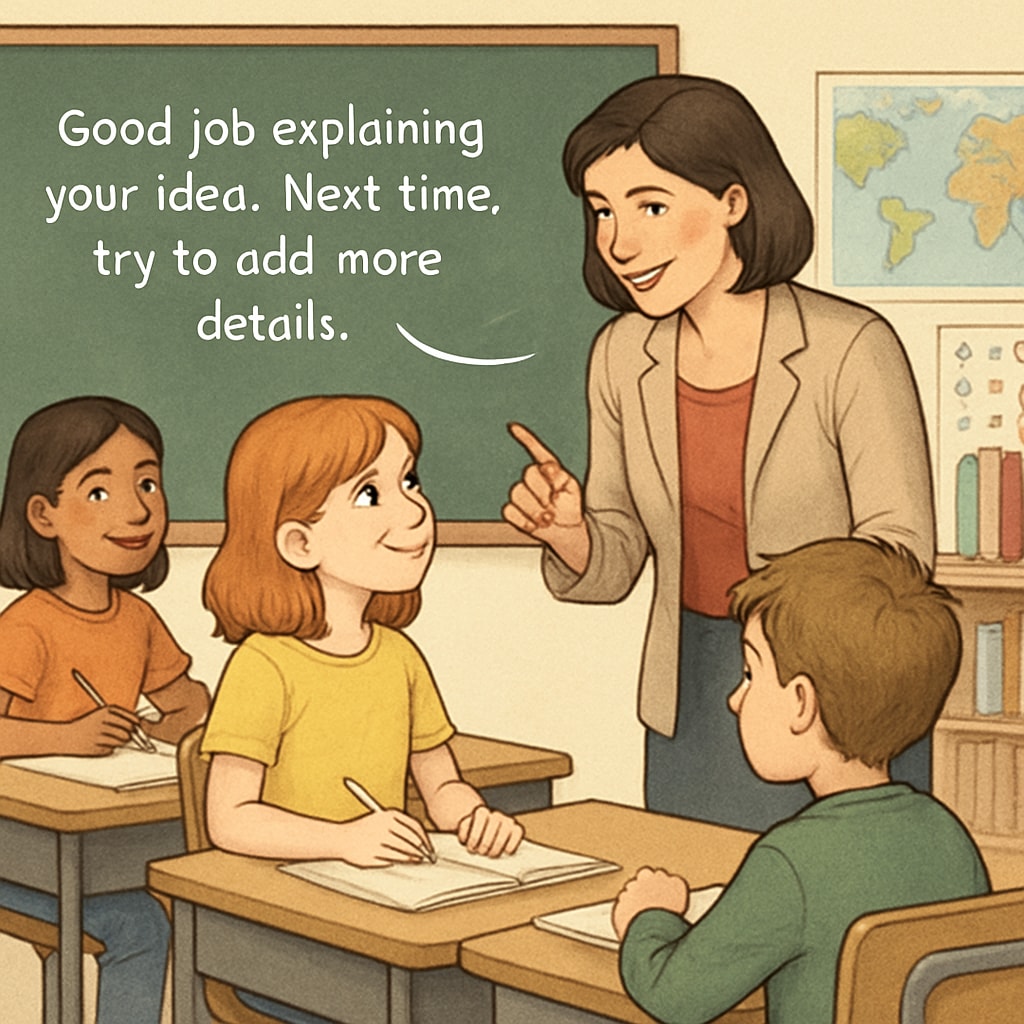Balancing extreme pressure and compassion in education is a complex ethical dilemma. This challenge, explored in the movie Whiplash, highlights the tension between rigorous methods designed to unlock human potential and the need to preserve mental health. In this article, we examine how educators can push boundaries without crossing ethical lines, and propose a balanced approach that integrates high expectations and humanistic care.
How Extreme Pressure Can Unlock Potential
Rigorous education methods often rely on intense pressure to drive individuals toward excellence. The concept can be seen in Whiplash, where the protagonist faces relentless demands from his mentor to achieve greatness as a jazz drummer. This approach operates on the belief that pushing individuals to their limits can reveal untapped potential. Indeed, history has shown that many exceptional achievements in art, science, and sports have emerged from high-pressure environments.
However, such methods come with risks. While pressure can fuel motivation and resilience, excessive stress may lead to burnout, anxiety, or even long-term psychological harm. Thus, the effectiveness of rigorous approaches must be carefully measured against their ethical implications. For example, research from positive psychology highlights that intrinsic motivation—rather than external pressure—is often a healthier driver of success.

The Ethical Dilemma: Balancing High Standards with Compassion
Educators face a moral challenge: how much pressure is too much? This question becomes particularly pressing when the methods used to push for excellence risk causing emotional or mental distress. Compassion, empathy, and understanding are crucial counterweights to high expectations, ensuring that students are not only performing well but also thriving emotionally.
Ethical education requires a nuanced approach. A study from Britannica on emotional intelligence suggests that fostering a supportive environment can enhance a learner’s ability to tackle challenges effectively. Compassionate education doesn’t mean lowering standards; rather, it involves recognizing individual needs and building resilience through encouragement rather than fear.

Proposing a Balanced Approach
A balanced approach to education merges the rigor of high expectations with the warmth of empathy. Here are key principles educators can adopt:
- Set clear yet achievable standards: Challenge students without overwhelming them.
- Encourage intrinsic motivation: Help learners find personal meaning in their goals to sustain long-term engagement.
- Provide constructive feedback: Balance critique with encouragement to foster growth without discouragement.
- Monitor mental health: Pay attention to signs of stress or burnout and address them proactively.
By implementing these principles, educators can aim for excellence while safeguarding the well-being of their students. Education is not just about achieving results; it’s about nurturing individuals who are capable of succeeding in both their personal and professional lives.
Conclusion: Rethinking Rigorous Education
As seen in Whiplash, the pursuit of greatness often involves walking a fine ethical line. While rigorous methods can unlock extraordinary potential, they should never come at the cost of mental health or personal dignity. The future of education lies in finding a harmonious balance between extreme pressure and compassion. By setting high standards while fostering empathy, educators can empower students to achieve their best without compromising their well-being.
Ultimately, the goal of education is to create well-rounded individuals who excel not only in their chosen fields but also in their lives as a whole. Balancing rigor and care is not just an ethical responsibility—it’s an essential strategy for meaningful and sustainable development.
Readability guidance: This article uses concise paragraphs, clear transitions, and lists to summarize key takeaways. Active voice is prioritized, ensuring clarity and engagement.


